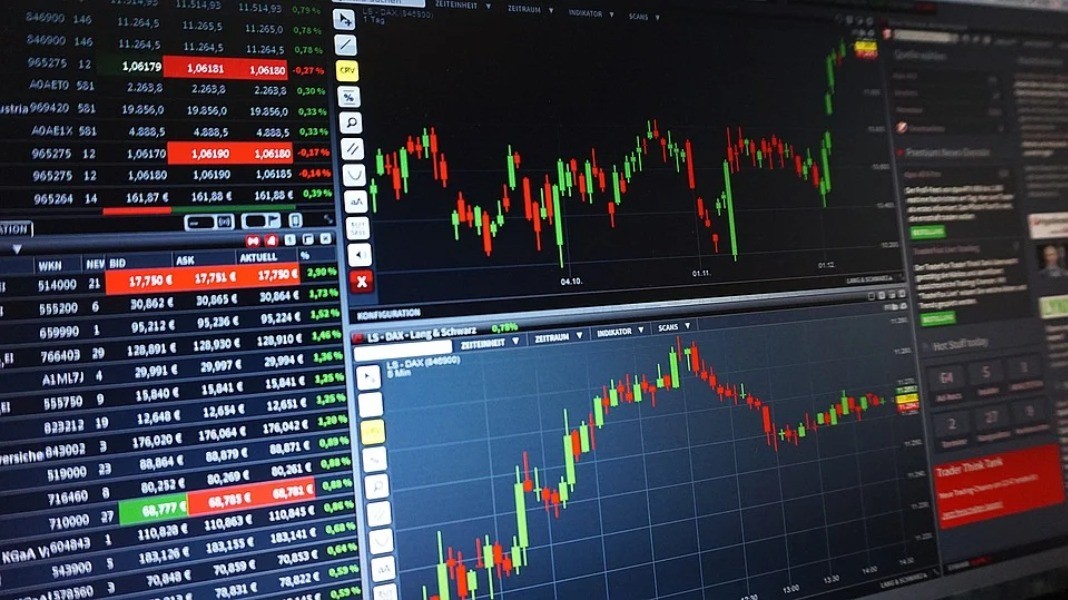
What Are Financial Instruments
The capital market, like any other, is constantly evolving. New assets appear, such as crypto, while some old ones go into oblivion. Accordingly, financial instruments are also developing, with the help of which these assets are redistributed or invested in certain projects. Therefore, it is very important for a trader to follow the range of offered instruments. After all, the more advanced instruments one uses, the more likely it is to make a profit.
General Understanding of Financial Instruments
Financial instruments are those forms of contracts that assume contractual obligations between parties entering into a transaction. Some forms are recognized as legal in the financial market, others are not.
Financial Instruments That Work
For example, you own some business, issue shares, and find buyers for them. Subsequently, owners of shares or shareholders will be able to receive their dividends from the income of your business. Such a mechanism for the redistribution of profits is possible because shares are an internationally recognized financial instrument.
What Cannot Play the Role of Financial Instruments
Let’s imagine another scenario. You own the same business, but instead of shares, you distribute to your investors, for example, pieces of metal, promising that they will be able to receive a percentage of the profits in return later. Alas, they are unlikely to receive anything, since pieces of metal are not a financial instrument. If you deceive them, they will not even be able to win in court, since the law regulates only the use of financial instruments.
To learn more about financial instruments and their application, visit the Forex Factory forum. On this site, professional traders discuss the features of various financial instruments and their scope.
Main Types of Financial Instruments
If you draw a classification tree for financial instruments, it will be quite branched. The first base branch will include two main classes:
- Financial assets
- Financial obligations
The latter is subdivided into the next two important classes that are traded on different markets:
- Primary financial instruments are those securities that prove a contractual relationship between the party that issued them and the party that owns them.
- Derivative financial instruments are those instruments the price of which is determined by the price of some other instruments or the price of the assets underlying them.
MetaTrader 4 is the best app to trade your assets. Offering over 50 technical analysis tools, it allows you to manage your assets in the most balanced and profitable way.
Types of Primary Financial Instruments and Their Derivatives
Primary financial instruments include:
- shares that make you a co-owner of the company and give you the right to claim part of its property in case of its liquidation.
- bills and bonds that certify that you have lent money to some counterparty.
- other securities.
Derivative financial instruments include:
- Forwards are agreements to buy or sell a certain commodity in the future. It assumes that both the delivery of goods and the settlement for it will occur at some point in the future.
- Options are contracts that fix the price of an underlying asset at a specific point in time. This means that at this time, you will be able to buy or sell it at exactly this price, even if it rises or falls.
- Numerous other types of securities.
In turn, forwards, options, and other derivatives are divided into other types, the differences between which are more subtle.
Comprehending the science of financial instruments, you get a solid foundation for successful trading. To clarify for yourself the features of the use of certain tools, visit the Forex Factory. A responsive and friendly community of traders will cheerfully answer all your questions!




